24 Oct Obit: Rev. Howard Munn
Rev. Howard Munn, 92, passed away October 23, 2014. He was ordained in 1945, and went on to serve as a UB conference superintendent for 23 years in the former Sandusky Conference. He pastored UB churches for 41 years:
- Bethel UB in Elmore, Ohio (7 years)
- First UB in New Castle, Pa. (8 years).
- Mt. Zion UB in Wayne, Ohio (26 years).
After retiring in 1988 he became Pastor of Visitation at Mainstreet UB church in Walbridge, Ohio. His wife, Dolly, whom he wed in 1941, passed away in 2011.
Visitation: 5-8 pm Thursday, October 31.
Visitation location: Dunn Funeral Home, 408 W. Wooster Street, Bowling Green, Ohio.
Funeral: 11 am Friday, October 31, 2014.
Funeral location: Mt. Zion UB church, Wayne, Ohio (corner of Bays and Reynolds Roads).
Rev. Kenneth Graham will officiate at the funeral.


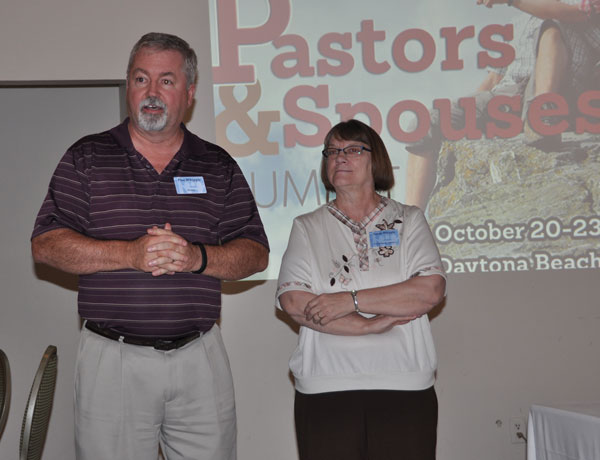
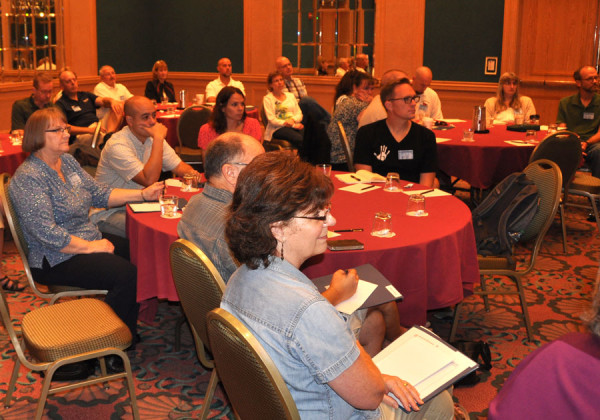
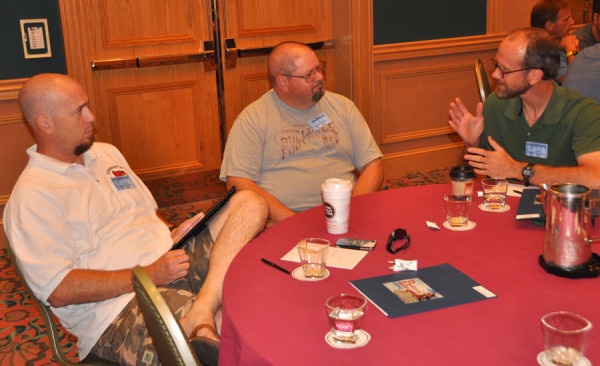
 Rev. Dave Stephens passed away Thursday night, October 16, 2014. He was an ordained United Brethren minister, former UB pastor, and for 25 years, director of Camp Cotubic in Bellefontaine, Ohio.
Rev. Dave Stephens passed away Thursday night, October 16, 2014. He was an ordained United Brethren minister, former UB pastor, and for 25 years, director of Camp Cotubic in Bellefontaine, Ohio.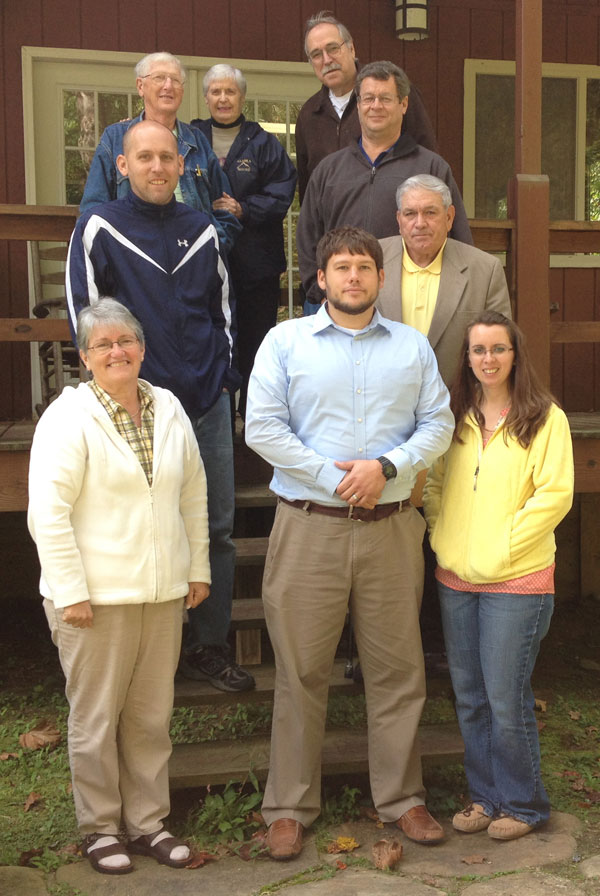

 Roxton Spear (right), senior pastor, Mongul UB church (Shippensburg, Pa.)
Roxton Spear (right), senior pastor, Mongul UB church (Shippensburg, Pa.)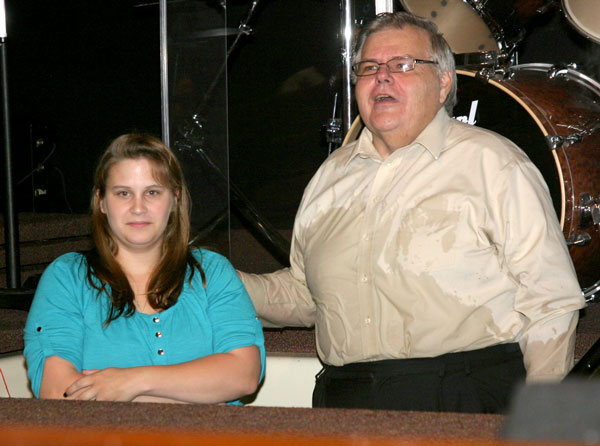
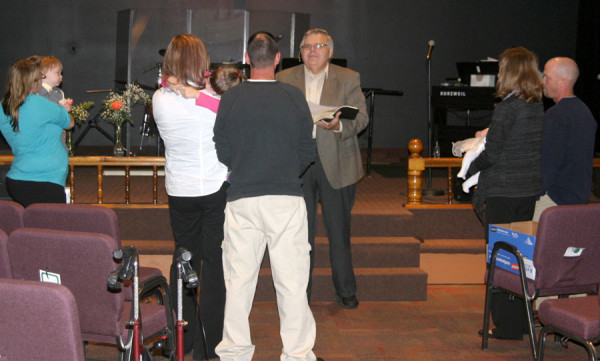
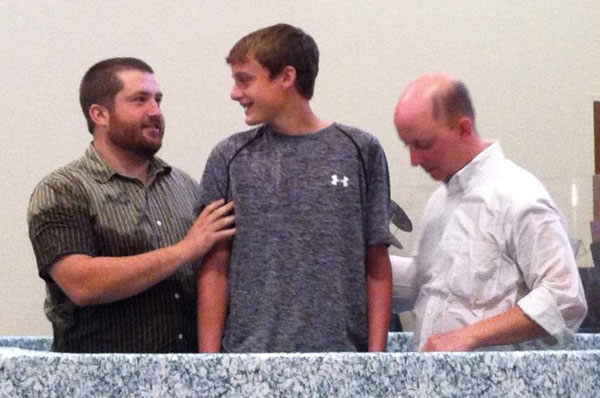
 Marcus Flood, Associate of Youth and Family Life, Praise Point Church (Willshire, Ohio)
Marcus Flood, Associate of Youth and Family Life, Praise Point Church (Willshire, Ohio)